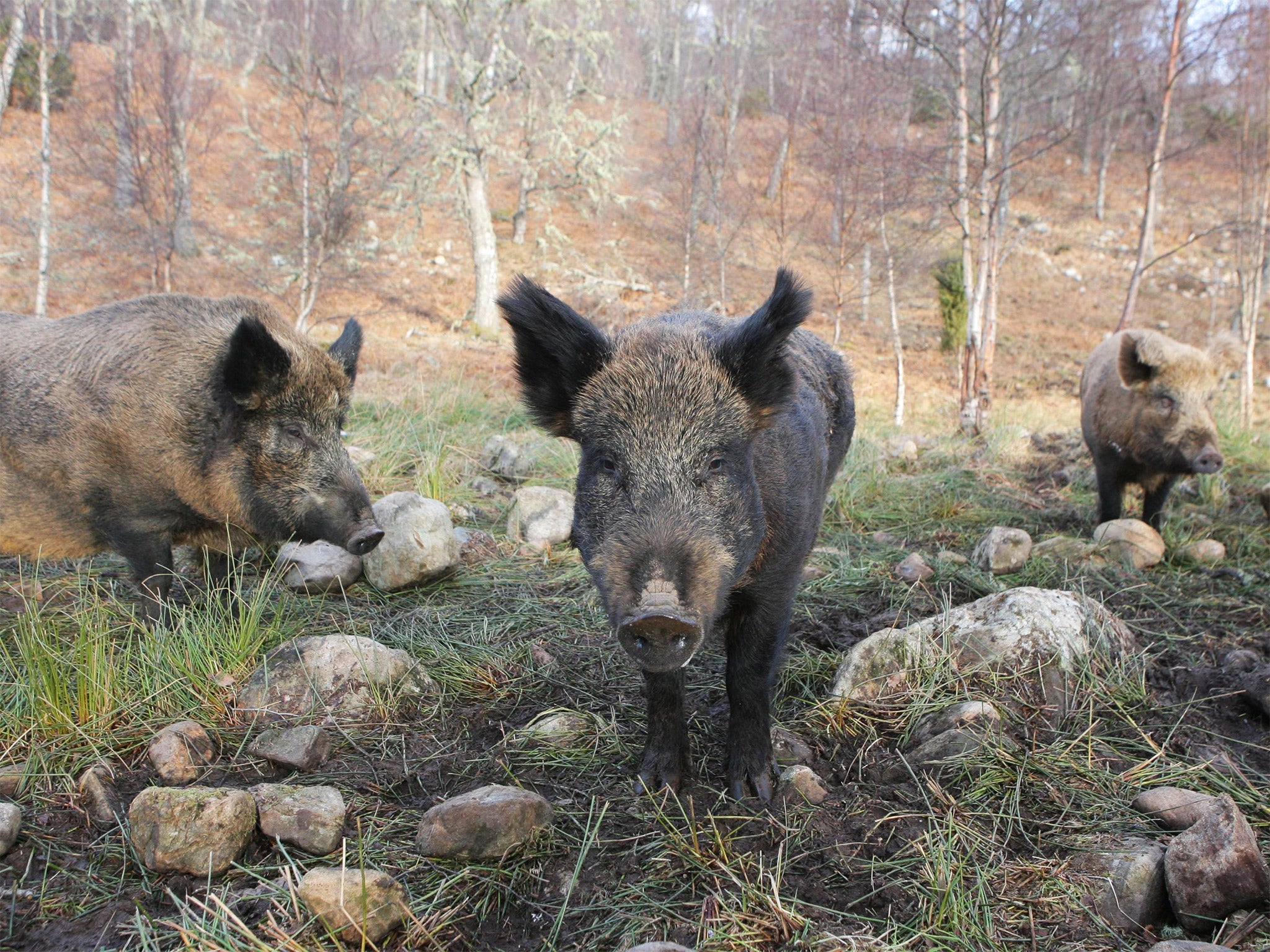Radioactive boar found in Sweden three decades after Chernobyl
The animal’s radiation levels were more than ten times the safe limit as boar radiation levels in the country rise.

Your support helps us to tell the story
From reproductive rights to climate change to Big Tech, The Independent is on the ground when the story is developing. Whether it's investigating the financials of Elon Musk's pro-Trump PAC or producing our latest documentary, 'The A Word', which shines a light on the American women fighting for reproductive rights, we know how important it is to parse out the facts from the messaging.
At such a critical moment in US history, we need reporters on the ground. Your donation allows us to keep sending journalists to speak to both sides of the story.
The Independent is trusted by Americans across the entire political spectrum. And unlike many other quality news outlets, we choose not to lock Americans out of our reporting and analysis with paywalls. We believe quality journalism should be available to everyone, paid for by those who can afford it.
Your support makes all the difference.A wild boar has been shot and killed after being found with radiation levels more than ten times the safe limit.
The boar was found in central Sweden and is thought to have high radiation due to living in an area still largely affected by nuclear fallout from the Chernobyl disaster, 31 years ago.
Other animals such as elk and reindeer have also been affected but the radiation levels in boar are reportedly increasing.
Following the explosion at the reactor, in what is now Ukraine, much of Sweden was covered in a toxic cloud of radioactive iodine and caesium-137.
Rain from the cloud then polluted the area of Gävle in the centre-east of the country with radiation.
According to The Local, the level among wild boar are on the increase as they are moving to the north of the country to areas worst affected by the fallout.
A boar shot in August had a radiation of 13,000 becquerel per kilogram (Bq/kg), whereas the limit set by Sweden’s Food Agency is 1,500 Bq/kg.
“This is the highest level we have measured,” said Ulf Frykman, an environmental consultant.
He said his team had measure around 30 samples of meat so far this year and found only five or six were below the safe limit.
Radiation levels in elk and reindeer are said to be decreasing and animals rarely suffer negative health effects due to their short lifespans.
People, however, who consume meat with these radiation levels face an increased risk of developing cancer.
Join our commenting forum
Join thought-provoking conversations, follow other Independent readers and see their replies
Comments